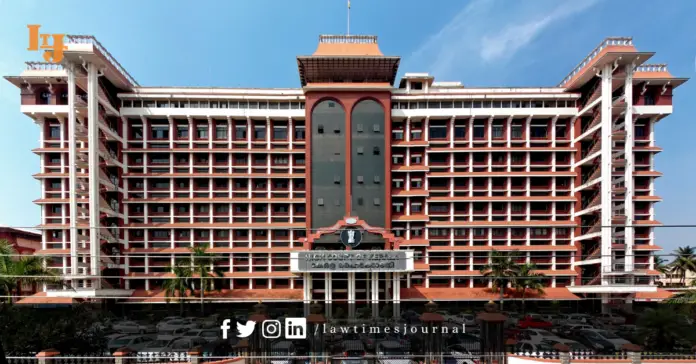
The Kerala High Court while ruling on the issue of jurisdiction of High Courts held that under the provisions of the Companies Act, 2013 against any order of NCLT, an appeal lies to National Companies Appellate Tribunal. So the Single Judge bench ought not to have entertained the writ petition nor passed the interim order.
The counsel for the petitioners has submitted that the proper course of action is to file an appeal before the NCLAT. It is submitted that such a course of action is presently rendered impossible due to the prevailing pandemic situation in the country and the petitioners are disabled from travelling to Delhi to prefer the appeal in view of the restrictions and the rising number of cases in the country.
Though it is contended by the counsel appearing for the respondents that the writ petitions are not maintainable without the NCLT on the party array, the Single Judge Bench of Kerala High court of the opinion that in the facts and circumstances of the instant cases, especially in view of request for adjournment made by the counsel for the petitioners before the NCLT, the passing of an order interdicting all financial transactions by running companies would create serious prejudice to the company.
The writ petitioners, who also claim to be directors of the company, but not made parties before the NCLT, being aware of the proceedings as before the NCLT, filed the writ petition and challenged the interim order as passed by the NCLT and based thereon the single Judge has granted interim relief. The issue raised before the High Court is whether jurisdiction of the HC under Article 226/227 with respect to orders of the NCLT under the Companies Act, 2013.
The Division Bench headed by Justice S. Manikumar noted that as the proceedings before the NCLT are pending and as the NCLT has assumed jurisdiction in the matter, to avoid multiplicity of proceedings, it would only be just and proper that respondents to approach the NCLT and raise their grievance.
“They are at liberty to raise the issue of jurisdiction as well, if they are so advised. But surely the orders of the NCLT cannot be assailed in this indirect manner. Let it be noted that under the provisions of the Companies Act, 2013 against any order of NCLT, an appeal lies to the National Companies Appellate Tribunal. In such a situation, we are of the view that the learned single Judge ought not to have entertained the writ petition nor passed the interim order,” the court said.
The court said that the writ court ought not to have entertained the writ petition for the reason that it would be amounting to allowing the writ petitioners/respondents to prosecute their challenge to the interim order passed in two different forums; one before NCLAT, New Delhi and by way of filing a writ petition under Article 226 of the Constitution of India.








